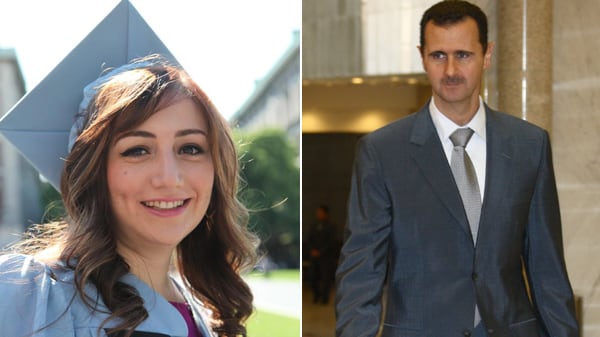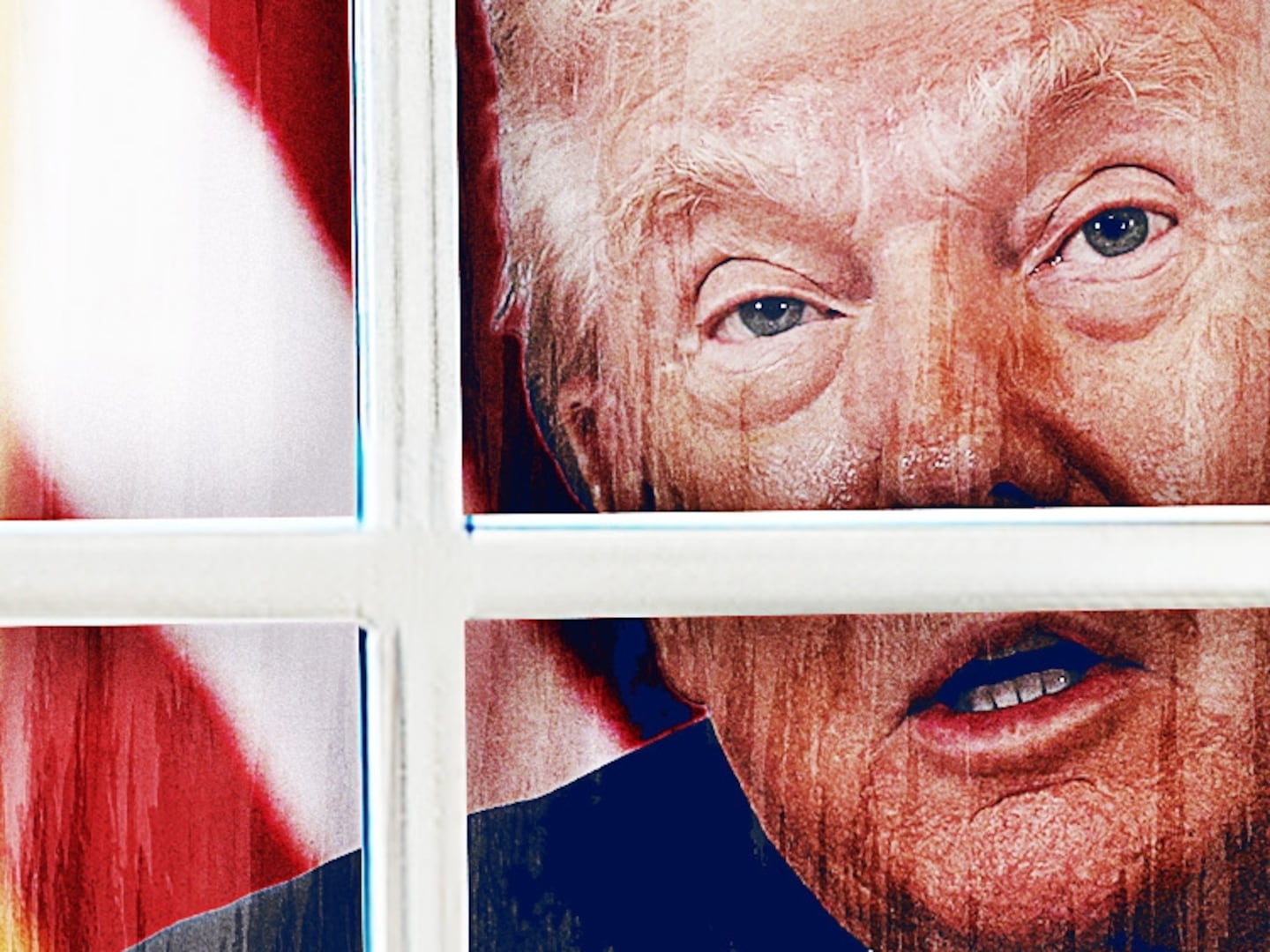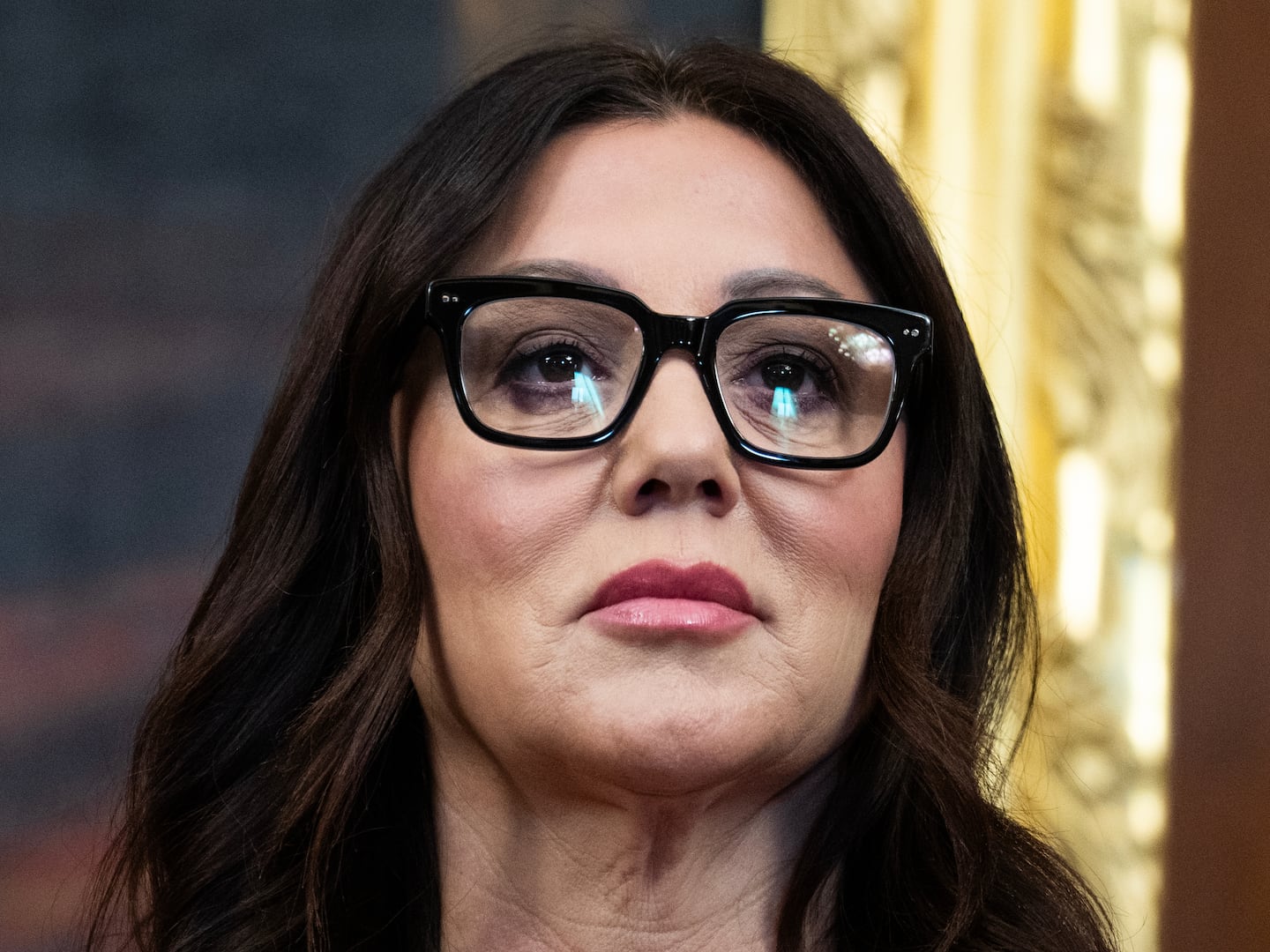About five months ago, Haya Dweidary, a 27-year-old graduate student at Columbia University’s School of International and Public Affairs, was approached by an administrator and asked what she knew about Sheherazad Jaafari, who had applied to the prestigious two-year program.
Jaafari, 22, was at the time a press aide to Syrian president Bashar Al-Assad, and the daughter of the Syrian ambassador to the United Nations.
“I told one of the deans she can’t get in. She’s not qualified,” Dweidary told The Daily Beast.
Last week, only one month after having graduated with her own master’s degree, the Syrian-born Dweidary read with disbelief the report in The New York Times that Jaafari, aided by some helpful emails from Barbara Walters (who, through Jaafari, was able to score an exclusive interview with Assad last year), had in fact been admitted to SIPA.
“I’m very angry,” Dweidary said. “I’m disappointed, to be honest. I’ve been familiar with the kind of work she does for the government and the fact that she’s a supporter of the regime to this moment. And this is a regime that has killed more than 15,000 civilians.”

Dweidary said she found out about Jaafari’s admission like everyone else, even though she’d been consulted on it months earlier.
“For me, her getting admitted is very personal, because SIPA is one of my few support networks where I feel that, you know, ‘We’re with you in this fight for democracy.’
“This is a humanitarian stance,” Dweidary added. “You cannot be supporting a regime that is brutally killing thousands. She was coaching him on how to answer questions about Syrians dying.”
Dweidary, who dreamed of attending SIPA since she was 17, said she has no doubt that SIPA’s administration knew exactly who Jaafari was and what her role had been in Syria before admitting her. In her mind, Jaafari does not belong there. “All the things that SIPA stands for, she does not represent.”
A spokeswoman for SIPA declined to comment for this article.
During most of her two years in the program, Dweidary endured a steady stream of news reports of the Assad regime’s brutal crackdown on civilians, which has resulted in the deaths of thousands since the start of Syrian protests in March 2011. For Dweidary it was personal: there was the constant threat that her friends and family would be arrested, tortured, or killed—and the sad news that some had been.
One of Dweidary’s friends, Bassel Shehadeh, was killed in Homs in May. He had been a Fulbright film student at Syracuse University, but had returned to Syria to document the uprising. Dweidary said more than 40 of her friends have been imprisoned in the last 15 months, and some are still languishing there.
“It was very hard for me to keep going with my personal life and pretend that nothing is happening, while I have my family, my friends, they’re all in danger,” Dweidary said.
Dweidary, who is searching for a job in international conflict resolution or sustainable energy policy, said that Jaafari’s admission to Columbia also paints a frustratingly familiar picture of life for the well-connected in Syria. "This was a great achievement for me, to make it here. I worked really hard." But, she said, "[g]rowing up in Syria, my whole life was about [seeing] privileged people getting access to everything.”
Today, Dweidary said, Syrians who lack these connections are increasingly affected by the international community’s attempts to rein in Assad through economic sanctions. Dweidary said she has several friends whose attempts to pay admissions fees to American universities have been thwarted by the sanctions. “And then to see a girl like her, not even one percent affected by anything, and she’s here in New York, living a normal life.”






